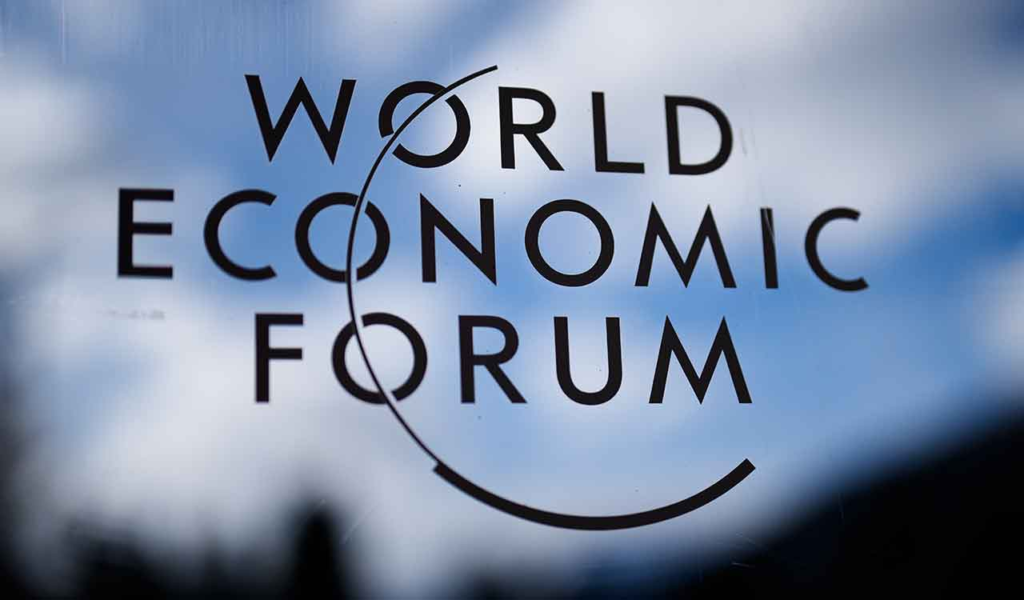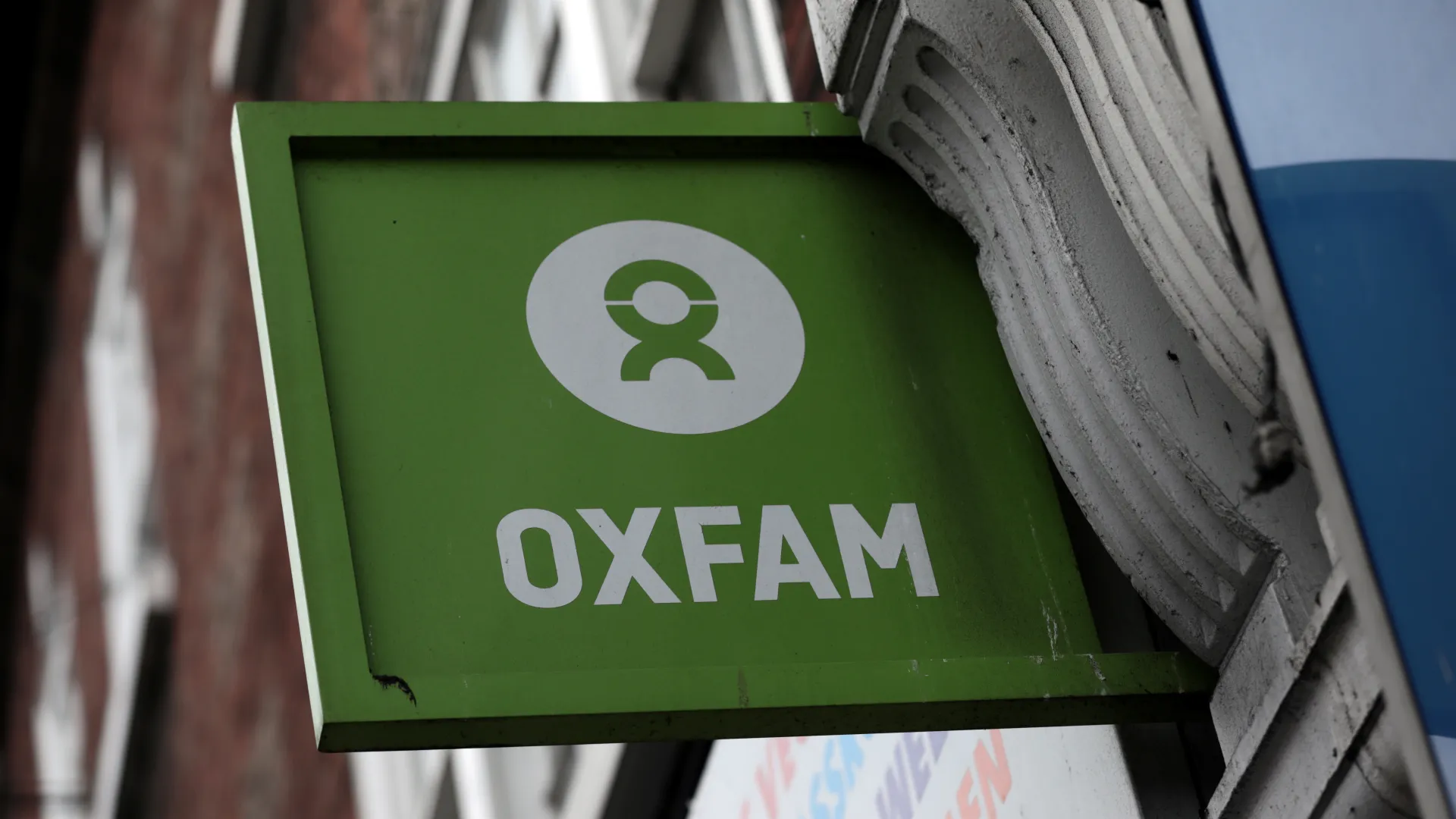The 2025 Oxfam International’s report, titled “Takers, Not Makers,” provides a stark analysis of entrenched global inequalities, focusing on the historical roots of unearned wealth and its contemporary manifestations.
The report brings attention to how systems designed during colonial times continue to influence modern economic disparities, disproportionately benefiting the wealthy elite while marginalizing the global majority.
A Snapshot of Global Wealth Inequality
The report reveals that in 2024, billionaire wealth surged by an unprecedented $2 trillion, growing three times faster than in 2023. This wealth accumulation starkly contrasts the stagnation in global poverty reduction, with the number of people living in poverty remaining nearly unchanged since 1990.
Shockingly, the wealthiest 1% now control a disproportionate share of global assets, a significant portion of which is unearned.
Read : Richest 10% of UK Took Half of India’s Wealth During Colonial Era: Oxfam Report
According to Oxfam, approximately 60% of billionaire wealth comes from inheritance, cronyism, or monopolistic practices, challenging the myth of wealth being solely the result of innovation and hard work. These systemic imbalances are not a recent phenomenon but are deeply entrenched in historical patterns of colonial exploitation.
Colonial Legacy and Wealth Extraction
A focal point of the report is the role of colonialism in shaping modern wealth inequality. Between 1765 and 1900, the United Kingdom extracted an estimated $64.82 trillion from India, profoundly impoverishing the colonized region while fueling industrialization and wealth accumulation in Britain.
Notably, over half of this wealth—around $33.8 trillion—benefited the wealthiest 10% of the British population, contributing significantly to the emergence of the UK’s elite and middle class.
Read : Global Gender Gap Will Take 134 Years to Close: WEF Report
Such extraction not only drained resources but also entrenched systemic inequalities that have left lasting scars on former colonies. These nations continue to grapple with developmental challenges stemming from depleted wealth and infrastructure.
Modern-Day Exploitation: The Global South and North Divide
The colonial patterns of resource extraction have evolved into contemporary economic systems where wealth continues to flow from the Global South to the Global North.

Oxfam’s report highlights that this wealth transfer occurs at an alarming rate of $30 million per hour, enriching the richest 1% in the Global North while exacerbating inequalities in the Global South.
This disparity is facilitated by mechanisms such as unfair trade policies, multinational tax avoidance, and monopolistic control over critical industries. These practices ensure that resources and profits are disproportionately concentrated in wealthy nations and among elite corporations.
Unearned Wealth: A Systemic Issue
The report underscores how much of today’s extreme wealth is unearned. It attributes this phenomenon to inherited fortunes, nepotism, and monopoly powers that stifle competition and innovation.
For example, the concentration of wealth in monopolistic industries like technology and pharmaceuticals demonstrates how market dominance often suppresses equitable growth opportunities.
Moreover, tax avoidance by corporations and wealthy individuals perpetuates systemic inequality. The lack of effective regulations allows elites to evade paying their fair share, depriving nations of crucial revenue needed for public services and development.
Historical and Modern-Day Reparations
Oxfam’s report also calls for an honest reckoning with the injustices of colonialism. It emphasizes the need for reparations, formal apologies, and measures to address the economic legacies of historical exploitation.

For instance, countries that benefited from colonial plunder could initiate reparative actions, such as debt cancellation or increased developmental aid, to support historically marginalized nations.
Policy Recommendations
To address these systemic issues, the report proposes several transformative measures:
- Progressive Taxation: Introducing higher taxes on inheritance, wealth, and corporate profits to reduce disparities and fund essential public services.
- Strengthening Anti-Monopoly Laws: Breaking up monopolistic corporations and promoting competition to ensure fair opportunities for smaller businesses.
- Global Tax Reform: Establishing a global tax system that eliminates tax havens and ensures multinational corporations contribute fairly to the countries where they operate.
- Decolonizing Institutions: Reforming global organizations like the World Bank and IMF to give equal representation to countries from the Global South.
- Wealth Redistribution: Implementing policies that directly address wealth concentration, such as universal basic income or public investment in education and healthcare.
The Role of Accountability
Accountability is a cornerstone of Oxfam’s recommendations. The report argues that governments and corporations must prioritize social and environmental responsibilities.
For instance, industries that have profited from the exploitation of natural resources should be held accountable for their contributions to climate change and its disproportionate effects on vulnerable communities.
Oxfam’s report serves as a wake-up call to the global community. The persistent inequalities highlighted in “Takers, Not Makers” are not inevitable; they are the result of deliberate policy choices and historical injustices.
By acknowledging the colonial roots of modern economic systems and implementing bold reforms, there is an opportunity to build a more equitable and sustainable future.
The legacy of colonialism and its enduring influence on global inequality underscores the urgency of addressing systemic injustices. Oxfam’s report is not just an indictment of past wrongs but a call to action for creating a fairer world where wealth and opportunities are shared equitably across all nations and communities.

